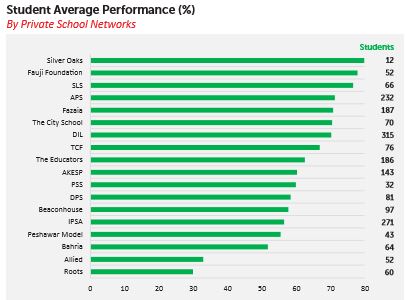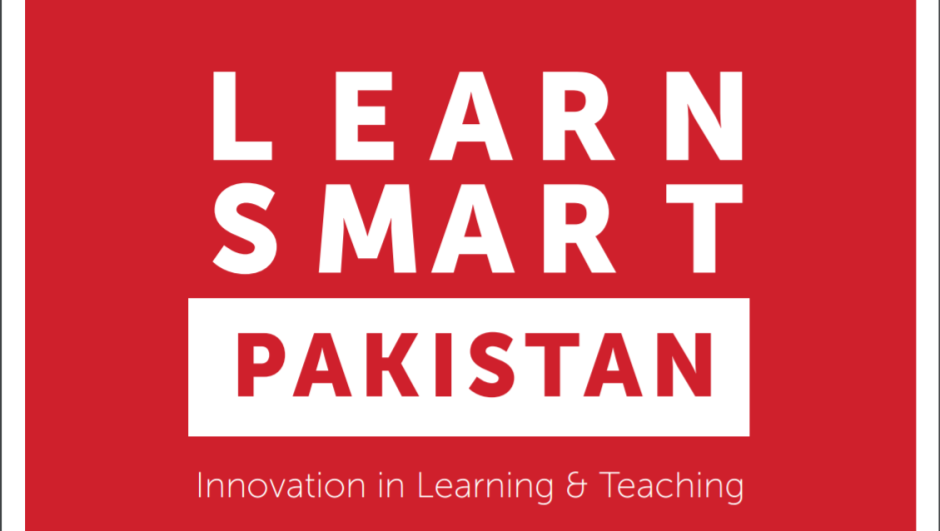Learn Smart Pakistan (LSP) is a unique non-profit initiative that has positively impacted Pakistan’s education sector. LSP started three years ago and gained popularity as Pakistan’s first and only digital learning platform that is completely free of cost. The program has made innovative use of mobile technology and rapidly growing internet popularity in Pakistan for providing quality resources to diverse Pakistani students and teachers in all parts of the country. It offers students a virtual learning environment with a plethora of videos, assessments, games and practice questions specially mapped to Pakistan’s Board curricula.
The number of participants in this program has grown exponentially since its inception in 2014, and so far LSP has impacted more than 11,000 students and teachers. The rate of participation has increased 7.3 times since 2016. In the academic year 2016, 3447 schools participated in the 24 LSP online challenges to determine which school is providing quality education to its students.
Here’s a sneak preview of key findings of the LSP 2016 report which will be officially launched at an event later this week at Islamabad:
- The average score (in %) of the private school network was 10 points higher than the average score (in %) of public schools
- Islamabad public school students were top performers.
- The Benchmarking Performance indicates that among private schools, students of The Educators performed better than those of the Beaconhouse, while students of Developments in Literacy performed better than the ones from The Citizens Foundation. Students from Fazaia Schools performed better than those from Bahria Schools.

- The students found Algebraic Expressions (grade 9) and Quadratic Equations (grade 10) as very difficult. Whereas, Grammar and Vocabulary were found to be toughest for students in English language
- 49 % of the participants used mobile devices to access the system (broken down into 40 % mobile users, 9 % tablet users)
Moreover, LSP statistics show that their online learning content has been a source of maximum improvement in cases of lowest performing students, and comparatively lower improvement for high-performing students. Their results indicate that Learn Smart Pakistan has been more beneficial for below average or average students.
In addition to giving statistics on how LSP has significantly improved the academic performance of student participants, the LSP 2016 report provides a much-needed insight into study patterns and performance of young teenagers in different regions and schools of Pakistan.
Despite being a minority, females made a minority (48%) of the total number of participants, they grabbed 71% of the badgesAn interesting finding among public schools is that Khyber Pakhtunkhwa students performed better than students in public schools in Sindh.











